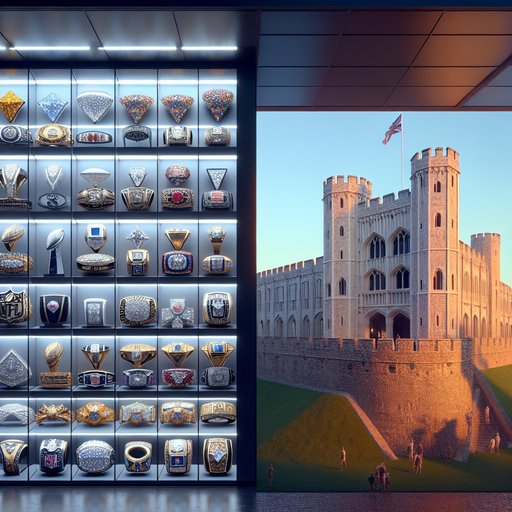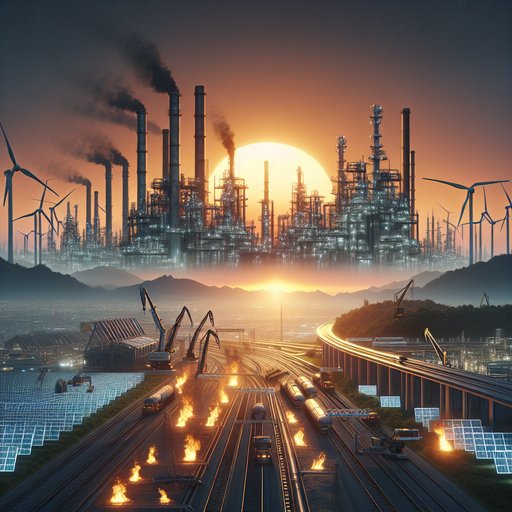- Details
- Written by: Anne Wienbloch

Tom Brady’s new Las Vegas museum arrives glittering with promise and provenance, a showroom where Super Bowl rings sit alongside Elvis suits under the bright theology of spectacle [2]. It’s an irresistible headline—“has it all”—and a useful mirror held up to our era’s favorite parlor trick: converting celebrity aura into cultural value, and cultural value into market price [2]. Across the Atlantic, a very different headline announces the reopening of Norwich Castle’s majestic medieval keep after restoration, a civic project that treats history as a shared endowment rather than a speculative asset [1]. Between these two announcements lies the crucial question for a culture hooked on hype yet hungry for meaning: what, precisely, are we rewarding when we reward culture—and how might price be tuned to public enrichment rather than just private excitement?
- Details
- Written by: Alex Dupcheck

California is sunsetting oil refineries without a plan for what’s next, a headline that signals more than a policy choice—it exposes a failure of infrastructure governance [4]. On August 20, 2025, the question is not whether to decarbonize but whether a leading state will do so with the foresight that safeguards the vulnerable and sustains broad-based prosperity. Robust public infrastructure is the backbone of a thriving society, and transitions of this magnitude demand bridges, grids, transit, ports, and workforce systems that are built before the old scaffolding is torn down. When leaders chase short-term symbolism over long-term planning, the cost lands on households with the least margin of error. California can still turn this moment into a model of democratic competence, but only if it replaces theater with concrete, sequenced investments and transparent timelines.
- Details
- Written by: Alex Dupcheck

Donald Trump’s reaction after his recent meetings with Vladimir Putin and Volodymyr Zelenskyy was as revealing as it was disturbing. With a shrug of his shoulders, he essentially declared that the fighting in Ukraine will continue if Kyiv and Europe do not embrace his plan. The message was clear: accept Putin’s terms, or endure endless war. This posture reduces the war to a bargaining chip for Trump’s personal recognition on the world stage. It strips away the pretense of allyship and lays bare the uselessness of Washington’s current involvement, which has shifted from guarantor of freedom to arms supplier looking to be paid.
- Details
- Written by: Valenenzia Gruelle

How do we preserve knowledge when nothing is permanent? The question, raised pointedly in a recent XDA Developers piece that warns self-hosting shouldn’t be an end state, but a means to resilience, lands at the center of our digitized lives [1]. We are living through a moment when borders erupt into misinformation wars, platforms become battlegrounds over speech, and courts wrestle with the authenticity of digital traces [2][3][9]. And just as this turbulence crests, immersive technologies—virtual reality, augmented layers, synthetic co-presence—are poised to reshape how families, communities, and nations remember together and relate across age. The stakes are clear: if memory is now a moving target, we must learn to carry it with us.


























































